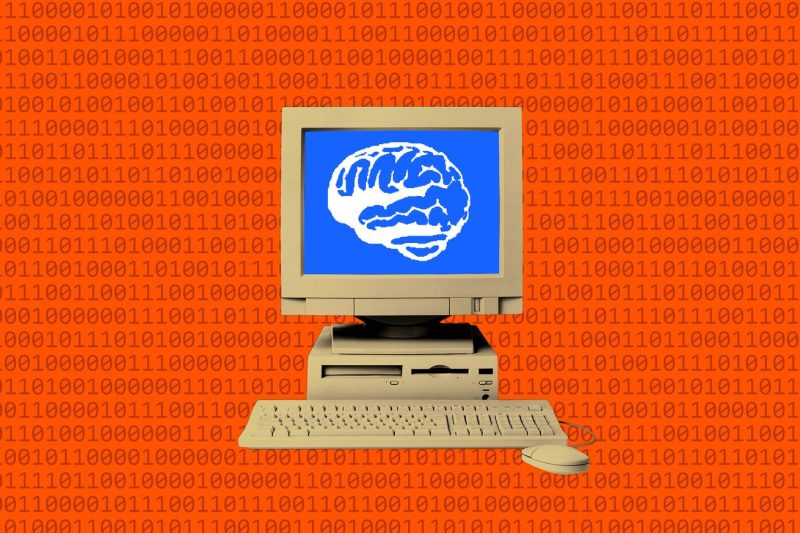In the ever-evolving landscape of technology, Artificial Intelligence (AI) has become a dominant force influencing various fields. From industries like healthcare and finance to everyday gadgets and tools, AI’s integration is reshaping how we live, work, and interact with the world around us. Now, even compact devices like the Raspberry Pi are diving into the realm of AI, opening up new possibilities and innovations.
The Raspberry Pi, a versatile and affordable single-board computer popular among DIY enthusiasts and developers, is known for its flexibility and high-performance capabilities. It has found applications in a wide range of projects, from home automation and robotics to media centers and retro gaming consoles. With the growing interest in AI technologies, the Raspberry Pi is now being harnessed as a platform for AI experimentation and deployment.
One of the key drivers behind this trend is the increasing demand for edge computing solutions – the ability to perform computing tasks locally on devices rather than relying on cloud-based servers. Edge AI, which refers to the integration of AI algorithms on edge devices like the Raspberry Pi, enables real-time processing, reduces latency, and enhances privacy and security by keeping data closer to the source.
With the Raspberry Pi’s computing power and support for popular AI frameworks like TensorFlow and OpenCV, developers can explore a wide range of AI applications on a compact and energy-efficient device. From image recognition and natural language processing to machine learning and deep learning projects, the Raspberry Pi provides a hands-on platform for experimenting with AI algorithms and models.
Moreover, the Raspberry Pi community’s active engagement and robust ecosystem of resources, tutorials, and projects make it easier for enthusiasts of all levels to dive into AI development. Whether you are a beginner looking to get started with AI or an experienced developer seeking to build sophisticated AI solutions, the Raspberry Pi offers a gateway to the world of artificial intelligence.
In conclusion, the convergence of Raspberry Pi and AI represents an exciting fusion of hardware and software innovation, unlocking new possibilities for creators, researchers, and tinkerers. By leveraging the power of AI on a miniature computer like the Raspberry Pi, individuals can explore the cutting-edge capabilities of artificial intelligence in a cost-effective and accessible manner. As AI continues to reshape our technological landscape, the Raspberry Pi is poised to play a significant role in democratizing AI development and driving innovation at the edge.


































